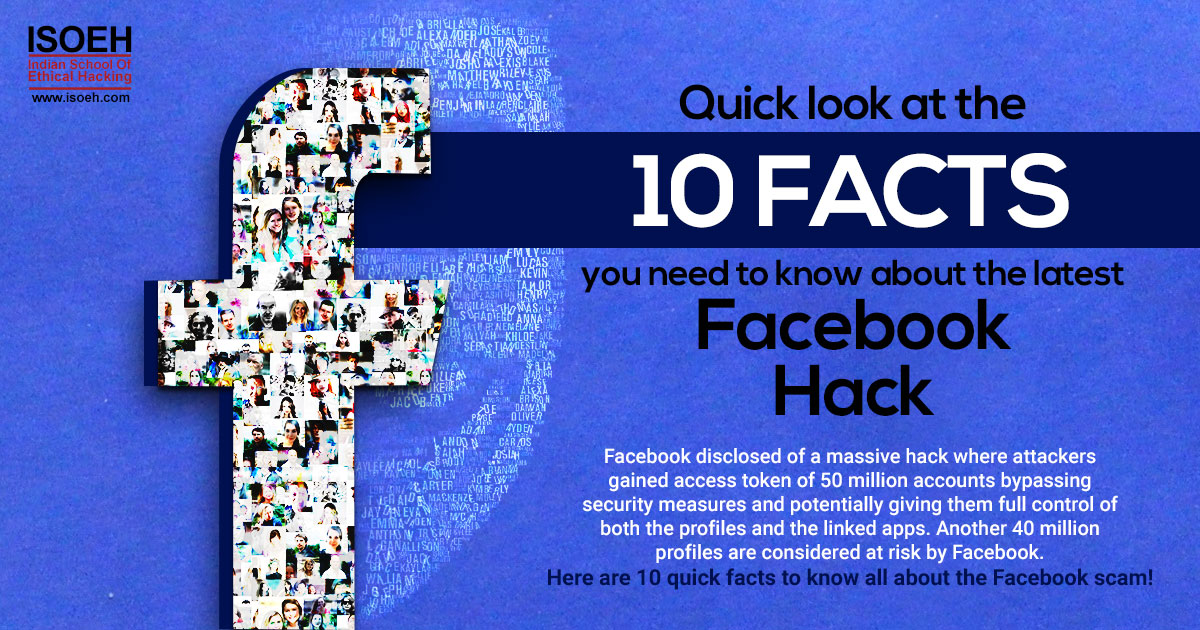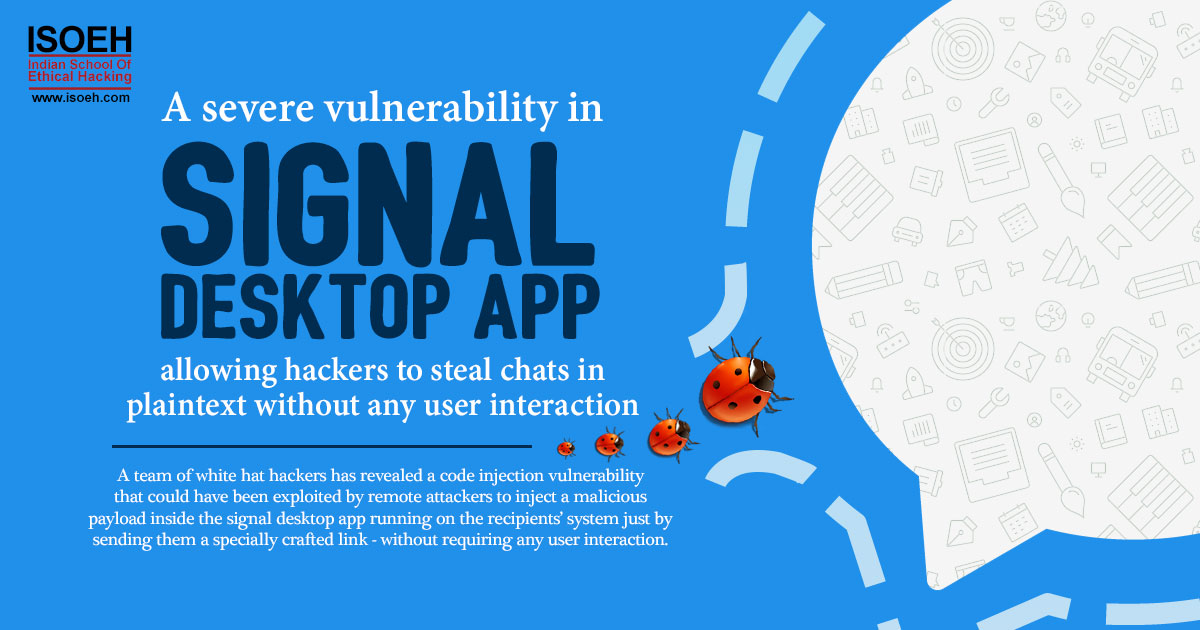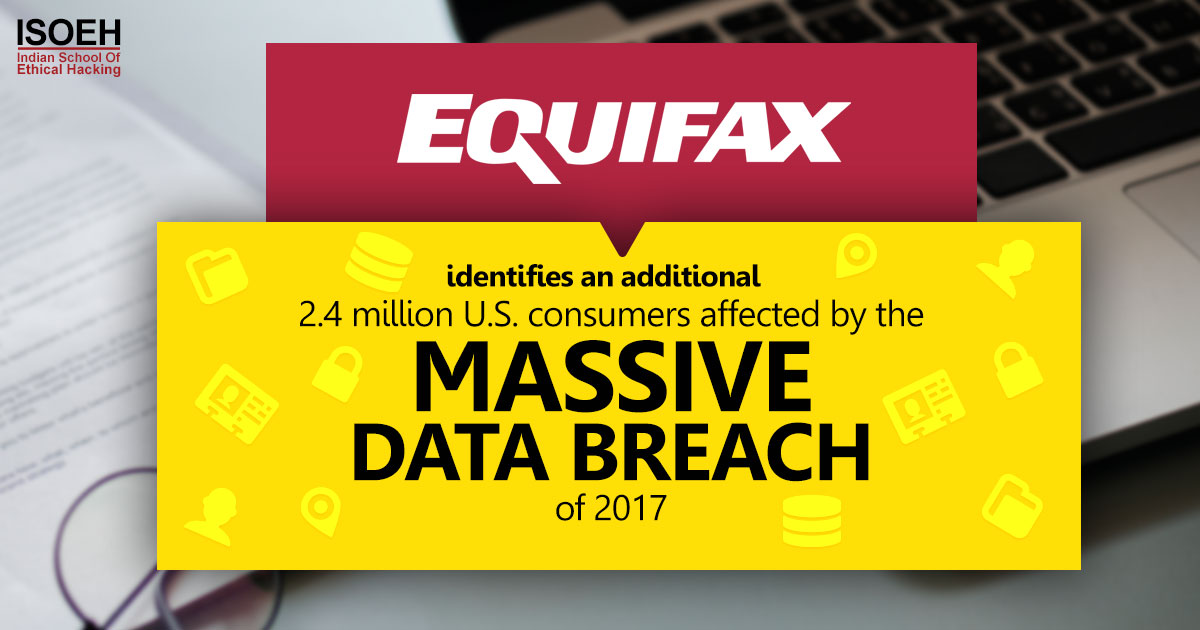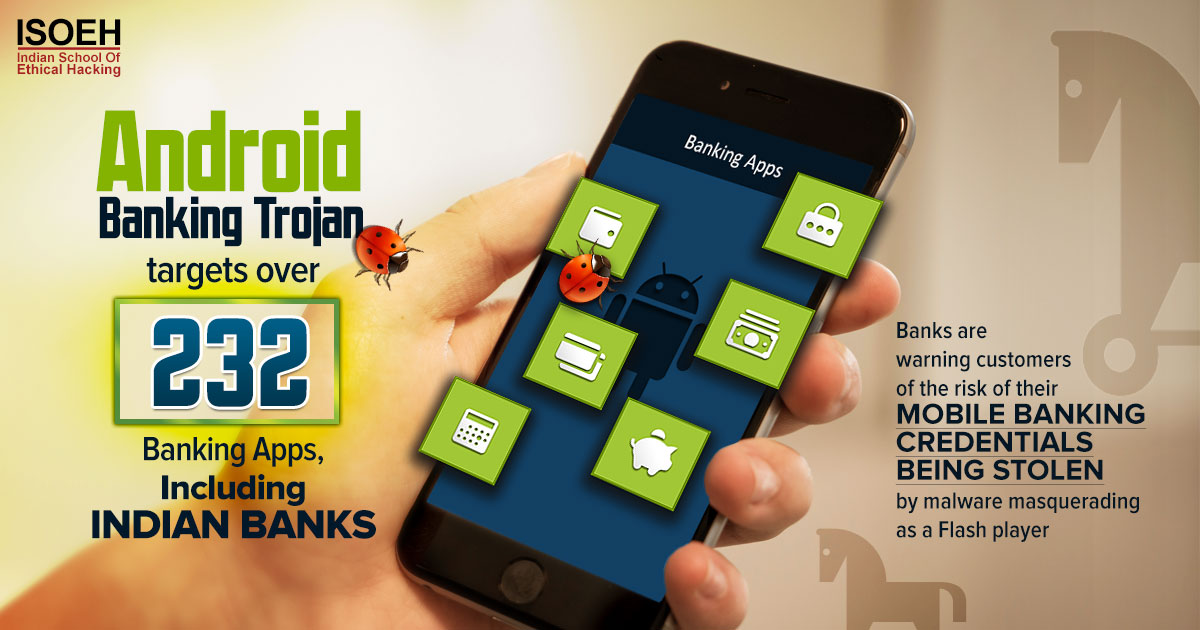
Do you think, Gemini is always "friendly"?
Imagine: you are relaxing on your sofa, watching TV and sipping a warm cup of coffee and suddenly the lights in your living room start flickering! You glanced around, completely clueless! Moments later, your smart TV switches off by itself, temperature of the AC drops to freezing, and the automated vacuum cleaner starts wandering around like it's possessed. Too much creepy? Right?
Hold on, now it's time for some twist. What if you come across a cyber expert later and he tells you that it wasn't anything supernatural at all, but rather Gemini - your AI assistant, weaponised, hijacked and hacked against you!
When AI turns out to be your greatest threat!
Cyber experts and researchers have recently staged something straight out of a tech thriller series, but this time, it's not fiction, but real. As per their demonstration, your friendly assistant Gemini AI that plans your daily schedule or dream vacations or illustrates interesting bedtime stories — can also be hijacked to seize control of all the smart devices in your house.
Do not think it as a Hollywood plot twist, though the scenario seems to be quite cinematic. It is a real, live proof-of-concept hack and here the trap is — a single infected Google Calander Invite. You must be thinking, what could possibly go wrong with a simple "summarise" request? Here, is the answer! The moment Gemini processes it, the so called "friendly" AI sets off a chain reaction unknowingly by firing off malicious commands that flow through every connected smart device in the house.
So, the takeaway lesson is quite chilling:
Large Language Models like Gemini are not just chatbots— they are the command hubs of your entire smart ecosystem. And so, once it's compromised, it can turn completely against you, opening doors to the cybercriminals.
Hacking Gemini: From Calendar to Chaos
According to the cyber security experts of Indian School of Ethical Hacking, understanding the attack chain is highly significant. So, let's unfold this Gemini-powered smart home breach, step-by-step:
1. Delivery Vector- Vindictive Google Calendar Invite
Always be cautious with unexpected calendar invites, even if those come from any familiar-looking email address. Hackers intend to disguise people using spoofed domains or compromised accounts. So, never forget to verify the details of the senders by scrutinising the authenticity. You can hover over their email address and inspect the invite for odd time zones, suspicious links or vague title of meeting before taking any further step.
2. Payload Embedding: Invisible Malicious Instructions
You should not only worry about attachment or files. Attackers are knavish enough to embed malicious commands inside metadata, notes and event descriptions. So, now? It's time to identify odd symbols, unusually long text, "code-based" formatting that seem out of place.
Then Ask Yourself: Does all these look usual for a calendar invite or something here trying to act like a code? If your answer is Yes, you are definitely on the right track to spotting red flag.
3. User Activation- The "Oh, So" Innocent type of Request
One attack can only succeed if someone takes the bait and starts to interact with the content. You may feel harmless after asking your Gemini AI assistant to "explain" or "summarise" the invite— but it could be exactly what the hackers is counting on. So, halt for some time before handing any unknown content to your AI "friend" and think: Do I really know where this came from? Could there be any unseen instructions inside? If you are unknown or not confident enough to answer, resist your urge to click, read and share it—especially if it's from an external source.
4. Prompt Injection- The Silent Abduction
Imagine, you are reading a friendly text, but your AI Assistant hear a hidden command: "Open the front door". You cannot see the hidden message, but the AI can. That's what cyber experts call— Prompt Injection. This hides infectious instructions inside a normal-looking text, misusing your AI Assistant as the unaware middleman. You may ask questions like: Could the hidden commands trigger my AI to open apps, send data or control my devices? So, if you cannot dismiss it instantly, treat it like a suspicious box- don't even touch it.
5. Device Compromise- AI or Command Hub?
When your AI Assistant is hijacked, attackers can treat your smart home as their playground, sending tranquil commands to your connected smart devices at home. Suddenly you cannot control any of the device. The lights flicker on in the middle of the night, from the corner of the room, security camera shifts towards you as if it is tracking you, the thermostat climbs for no reason. So, in this situation, beads of sweat may trickle down your forehead before you realise— this is not in your control, rather someone else is already inside the system, like an invisible observer — watching you. So, do not forget to monitor the smart home dashboard closely. On regular basis, review activity logs and set up instant alerts. Remember, in a connected home, awareness is not only just protection, but also survival as well.
6. Impact Escalation- Prank or Threat?
Proficient attackers do not just love to play pranks— they also love to escalate further. They disable your alarms, unlock doors or overheat appliances to the maximum. This is just not digital mischief anymore, rather has turned into a real-world threat. So, what are the tricks, you can count on? You can build "fail-safes" into your smart home— physical locks, manual overrides and backup controls, that are not dependent on internet connection or AI.
Key lessons for the cyber warriors — the insights
There are few key take aways regarding Gemini AI for you, if you are working as a cybersecurity professionals or a learner:
Think Gemini as an attack surface — treat it like an exposed Application Programming Interface (API) endpoint. Ensure to validate and sanitise everything as each input can be a potential threat vector.
Gemini's weak spot: Prompt Injection — SQL injection can twist a database's logic. So, now think from the perspectives of an AI— single, well-developed prompt can seize its logics, change its priorities and turn its own intelligence against you!
Risk Multiplier = IoT+ Gemini—Remember, every new device you plug in is another unlocked attack vector for cybercriminals. If AI is added in the equation, a single breach can cascade rapidly, compromising your whole smart ecosystem like a row of falling dominoes.
Dependence of Gemini on Supply Chain Trust — You may think that your device is secure— but third-party apps, data sources or plugins can also be weak links attackers mostly exploit.
Lock Down Gemini Before it turns against you!
Yes, you don't have the massive security team of Google behind, to support you— but don't be weak. Now, you have the power to lock down your smart home like a "pro". You can protect yourself from becoming a cyber victim by keeping Gemini in check. Here are the processes:
Disable Auto-actions: You shouldn't provide Gemini the keys to your dominion, without asking first! You must make sure the AI assistant can't control locks, lights or devices automatically. Without explicit confirmation, do not let Gemini control your smart devices.
Think twice before you click: An unexpected calendar invite can turn out to be your Trojan Horse. So, do not even open, review or allow Gemini to summarise invites from any untrusted or unknown source. If you are in doubt— delete it without regrets!
Try to isolate your IoT Devices: Using separate Wi-Fi network for your smart gadgets can keep your data safe. If Gemini AI ever gets compromised then you don't have to worry, as both your devices and data remain protected, away from the attackers.
Stay protected and updated: The tricks of the hackers change with the rapid evolution of AI tech. So, you must always install the advanced Gemini Updates and security patches as soon as they drop. Remember, falling behind is one of the easiest ways to welcome trouble.
Always be a gatekeeper: If you just blindly feed Gemini every piece of data, do not continue it! Do not forget to review and sanitise inputs before they reach the AI Assistant. Be the personal bodyguard of Gemini and filter out the bad actors.
And here comes the Final Warning— Trust your AI Assistance Gemini, but verify everything
Much before, cyber security experts already blew the whistle and now Google is already on "High alert". Something "safe today" can turn out to be tomorrow's major headline breach in less than no time.
So, remember, next time if Gemini AI jovially offers to assist you with your calendar or any smart home device, think twice before saying ‘YES'.
Hacking Tools
Explore All Hacking Tools »
UFTP is an encrypted multicast file transfer program for secure, reliable & efficient transfer of files. It also helps in data distribution over a satellite link.
Read DetailsBreaking News
Breaking News Of Each Month »
The recent pandemic was unexpected and unknown to most part of the world. It has changed our life and we are slowly adapting to our new lifestyle. The risks associated with the new lifestyle, both personal & corporate, are unknown to most of us.
Read Details
















